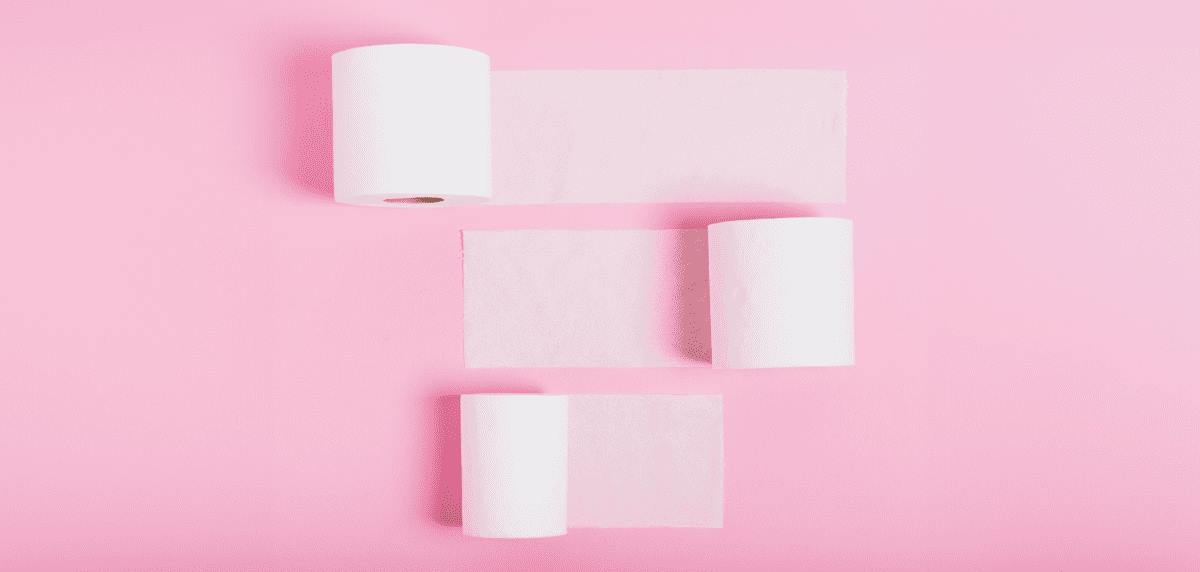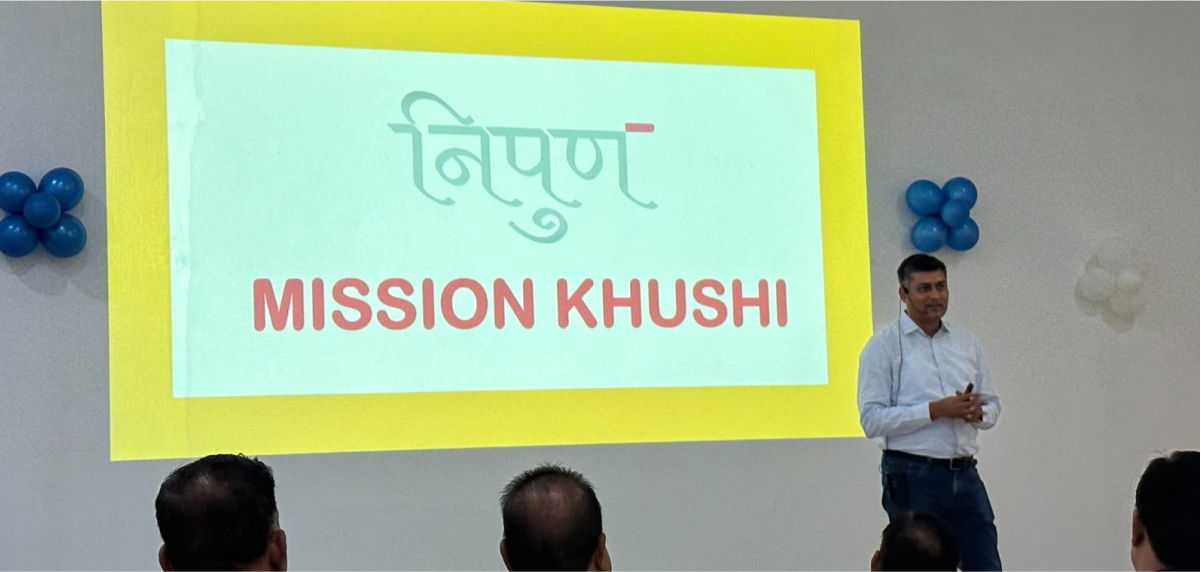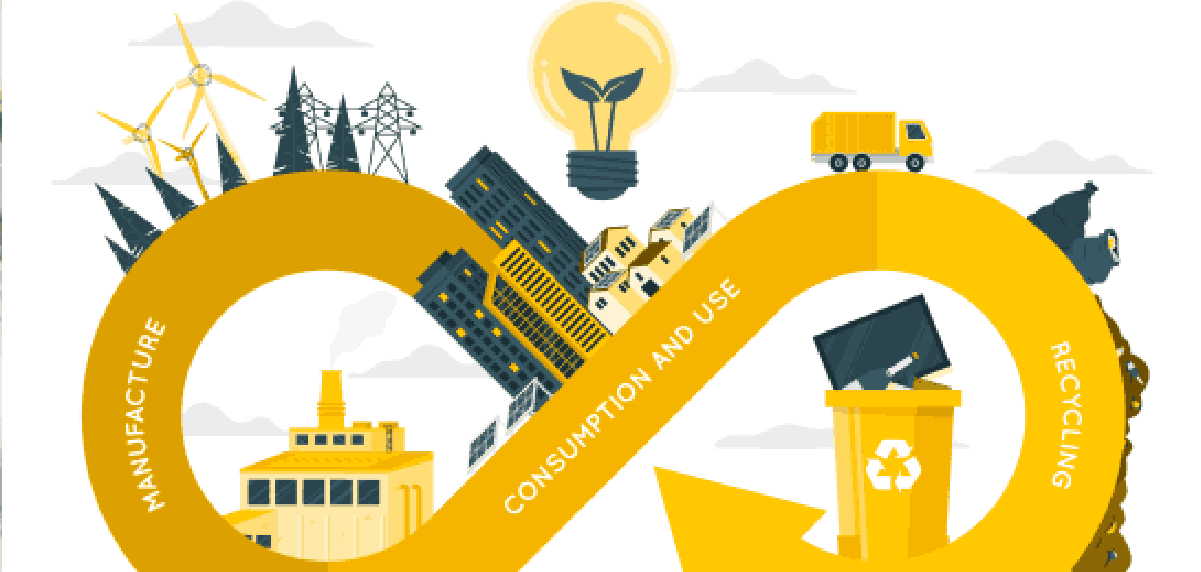3 points to consider when choosing between virgin and recycled tissue paper
10th October, 2023
4 minute read

Tissue paper has an integral use in our daily lives. The choices we make regarding the type of tissue paper we use can have a significant impact on both our health and the environment. Two primary types of tissue paper, virgin and recycled, dominate the market.
Virgin tissue paper is derived directly from wood or bamboo pulp. On the other hand, recycled tissue paper undergoes a cycle of collecting pre/post-consumer paper, breaking it down with water and chemicals, and then transforming it into new paper through chopping and heating
Let us delve into a few quality considerations associated with each to help you make an informed decision. Here are 5 points to consider:
Visual and tactile impression
Virgin paper boasts a positive visual impression with its pure white color and soft touch, while recycled paper may exhibit dull colors, a yellow tint, uneven print quality, and the presence of specks or residues.
Virgin paper tends to be intrinsically brighter, with brightness levels of around 85-90%, compared to potentially darker recycled paper. Recycled paper may achieve brightness through an extensive bleaching process, potentially harmful to both human skin and the environment.
Environment & health impact
Virgin tissue paper, like Orient Paper tissues, are elemental chlorine free, emphasizing a commitment to sustainability. Recycled paper, however, often undergoes a strong bleaching process involving chlorine or oxygen, contributing to environmental concerns.
Virgin tissues retain natural antibacterial properties, making them antimicrobial. In contrast, recycled paper has been associated with higher concentrations of bacteria due to the breeding ground created by starches used in the recycling process.
Virgin grades, including alternatives like Bamboo Toilet Paper, are Bisphinol-A (BPA) free. Unfortunately, recycled paper often contains BPA, posing potential health risks. Virgin paper, with its quality, absorbency, and antibacterial properties, is most preferred for intimate use, personal care items, and sanitized food packing. Recycled tissue papers may not be recommended for personal and intimate use.
Recycled tissue paper manufacturers in India predominantly use pre-consumer white waste from Europe and America as raw material. However, transporting white waste from distant countries tends to increase carbon footprints.
Quality and performance
Virgin fibers are longer and contribute to high-quality, absorbent paper. In contrast, recycled fibers are shorter, leading to weaker and less absorbent paper. Overused recycled paper fibers may result in inconsistent quality and poor performance.
Virgin tissues offer a soft and ultra-soft feel, with high liquid absorption making them ideal for tissue paper. Recycled paper, in contrast, is typically rough to touch and may have lower absorption due to the presence of binding chemicals.
Virgin paper dissolves quickly and does not clog toilets or drains. Recycled paper, laden with binding chemicals, poses a risk of clogging.
Orient Paper makes high quality virgin tissue paper for hygiene and wellness applications. It is an all-natural range that is chemical-light and elemental chlorine-free (ECF). We use virgin wood & bamboo pulp and not recycled paper. Our tissue papers are Food and Drug Administration (FDA) compliant and hence food & skin safe.
In the ongoing debate between virgin and recycled paper, it’s essential to weigh the environmental impact, health considerations, and quality. Making an informed decision can help you choose a healthier, more sustainable lifestyle. Consider the above facts and choose the tissue paper that aligns with your values and needs.

